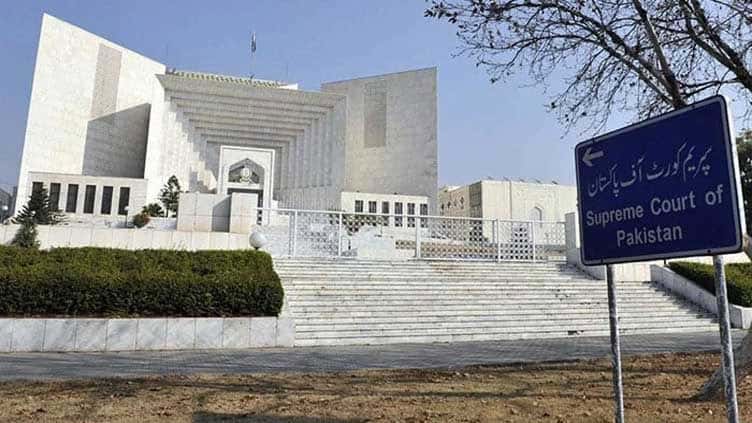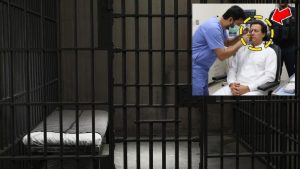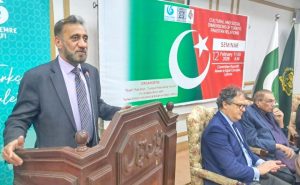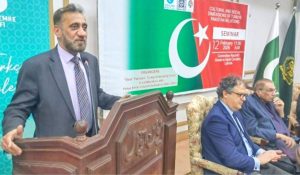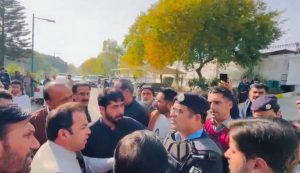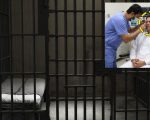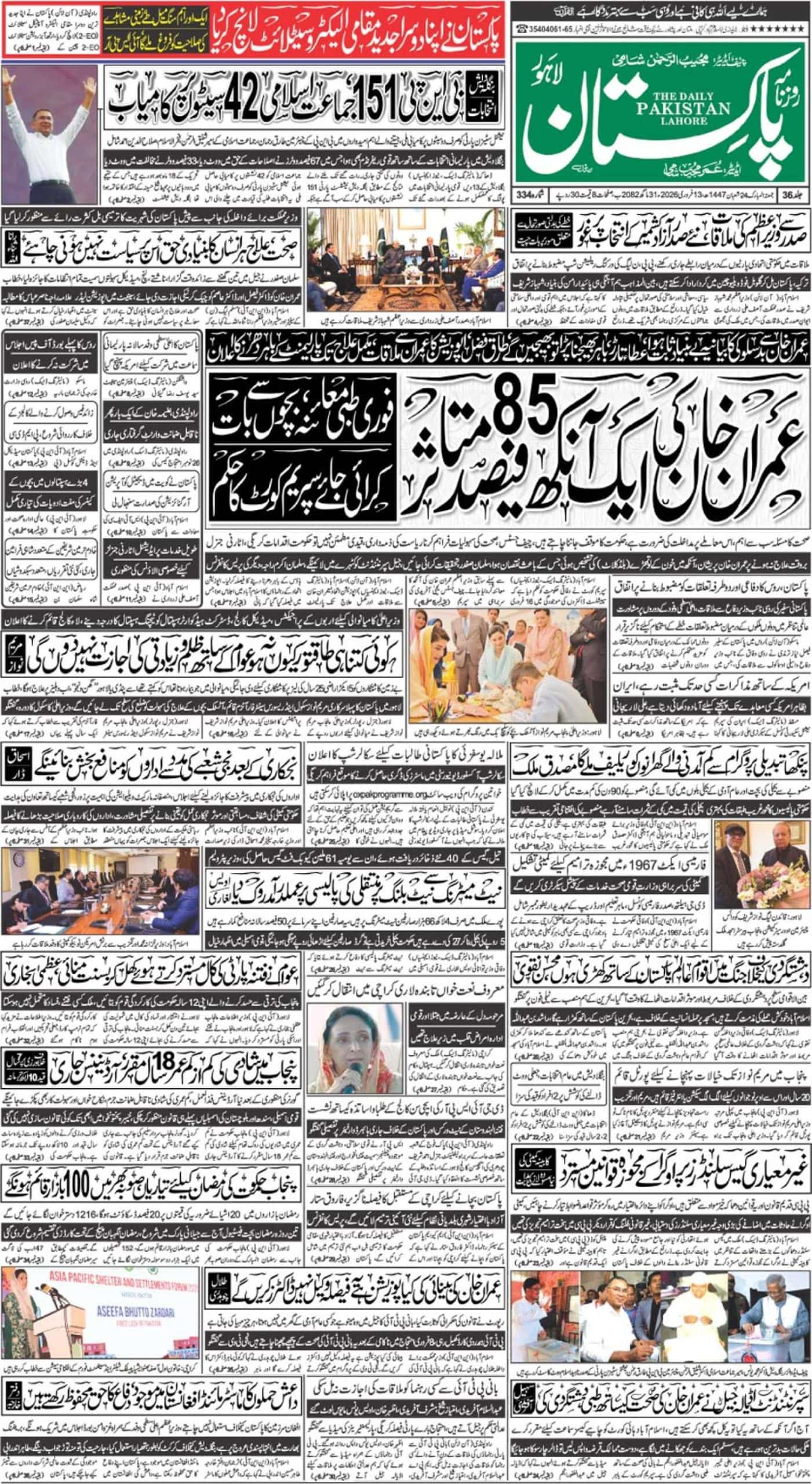ISLAMABAD – A five-member bench of the Supreme Court of Pakistan heard the NAB amendments case on the request of the PTI founder and reserved the decision after concluding arguments.
Details reveal that the larger bench, led by the Chief Justice of Pakistan, heard the case, with Imran Khan appearing via video link from Adiala Jail. Farooq H. Naik represented the Pakistan Peoples Party (PPP) and presented his arguments in court.
After hearing all arguments, the court reserved its judgment, and the Chief Justice documented the orders of the day’s hearing.
The chief justice noted in the written order that any party wishing to submit a written response could do so. He mentioned that the original case involved arbitration, and the NAB stated in their response that they kept the recovered money with themselves, questioning how they could retain even a single rupee. He ordered the NAB Prosecutor General to appear personally.
During the hearing, Farooq H. Naik asserted that no NAB cases were made during the PPP’s tenure. The Chief Justice responded that party-specific comments were irrelevant.
Justice Athar Minallah questioned why NAB’s authority was limited to elected public office holders and not extended to unelected individuals, labeling it discriminatory. He asked for an example where an elected representative had the authority to distribute public funds, emphasizing that corruption was often committed by principal accounting officers, not elected officials.
Justice Jamal Khan Mandokhail remarked that no elected representative or minister could approve anything without the relevant secretary’s summary, and senior officials should have the courage to refuse.
The Chief Justice asked the PTI founder’s lawyer if they sought political accountability and desired the previous law to remain unchanged.
Lawyer Khawaja Haris argued that the NAB amendments were designed to benefit specific individuals, particularly certain political leaders who were then incarcerated.
The Chief Justice noted that the same party challenged the law in both the Supreme Court and High Court, with Shoaib Shaheen and Hamid Khan representing them, respectively. He mentioned the 53 hearings the amendments had survived, questioning why the parliament’s law should be suspended, as doing so would disrespect the parliament.
Justice Athar Minallah emphasized that suspending parliament’s law would amount to contempt of parliament. The Chief Justice criticised those who challenge the judiciary on television but fail to present arguments in court, stressing that principles should not be politicized.
Justice Athar Minallah recalled that in an assets case, a monitoring judge from the Supreme Court was appointed, and a powerful JIT including ISI and MI members was formed. Khawaja Haris admitted that nothing could be proven despite the JIT’s involvement.
Chief Justice Qazi Faez Isa questioned why the PTI founder granted amnesty if he claimed to be so honest, noting that amnesty is not practiced in the UK. He suggested that the NAB amendments might benefit his client, acknowledging the extensive hearings.
Justice Athar Minallah remarked that the NAB law also affects the opposing parties today, indicating that the PTI founder might have faced severe difficulties under the old NAB law.
Khawaja Haris conceded that his client benefited but still approached the Supreme Court.
Justice Athar Minallah questioned how the amendments violated fundamental rights, suggesting that the amendments aimed to remove NAB’s draconian powers, and the parliament could have entirely deleted the section on assets if desired.
Khawaja Haris expressed his distrust in NAB, distinguishing between the NAB law and those enforcing it. Justice Jamal Khan Mandokhail criticized a person who created the NAB law by violating the constitution, wishing NAB had never existed.
Khawaja Haris concluded his arguments, after which the court took a brief recess. Upon resumption, Imran Khan addressed the court via video link, denying being a dangerous person and criticizing the perception of his irresponsibility.
Justice Ameenuddin noted that Khan received unnecessary relief and urged him to focus on the case. Justice Mandokhail advised Khan to resolve issues by sitting with fellow politicians, emphasizing cooperation during crises.

